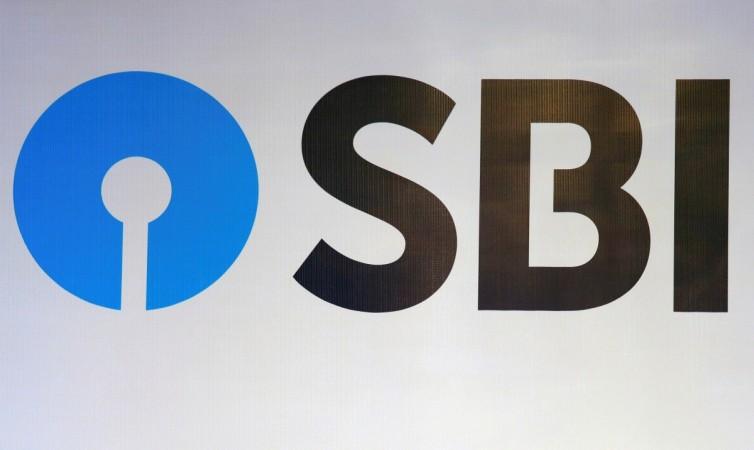
In one of the largest recruitment drives by the State Bank of India since 2013, the government-owned corporation has said it will hire about 9,500 people for customer support and sales functions.
The introduction of digital banking has pushed the SBI to reduce the requirement of administrative staff and increase the need for more customer-facing employees, the Times of India reported.
However, the customer support roles require general skill set and are also at a high risk of facing automation. Many companies like Facebook and Microsoft are already replacing customer service agents with robots.
"Generic skill sets are the ones which are exposed to automation, so there will be more hiring around data sciences and artificial intelligence," Rituparna Chakraborty, President of Indian Staffing Federation, told IBtimes India.
The bank's decision to hire thousands of workers comes at a time when the employee headcount at the company has plunged by more than 10,000 due to attrition and providing voluntary retirement scheme post its the merger with associate banks.
SBI's employee strength fell to 2,69,219 by the end of September 2017 from 2,79,803 at the beginning of the financial year which was a decline of 10,584 employees.
The bank is, however, redeploying staff as a part restructuring post-merger. According to the bank officials, there is also a high need to hire many workers for the entry-level roles due to high attrition rate in the initial year of recruitment.
![Employees [Representational Image] Start-ups](https://data1.ibtimes.co.in/en/full/667422/start-ups.jpg?h=450&l=50&t=40)
"Many candidates make multiple applications and choose the one that is most convenient to them in terms of location. The bank, therefore, maintains a reserve list of candidates as well," said a bank official.
The decision to recruit in thousands by the SBI could be seen as a good start to the year for employment. Hiring activity is also expected to pick up in 2018. A large number of companies in India will have an increased hiring budget this year compared to last year, found a skill assessment company Mettl.
The report, based on feedback from more than 1,860 business heads and human resource (HR) leaders, suggests that nearly 76 percent of organisations are predicted to have an increased recruitment volume this year versus 65 percent in 2017.

















